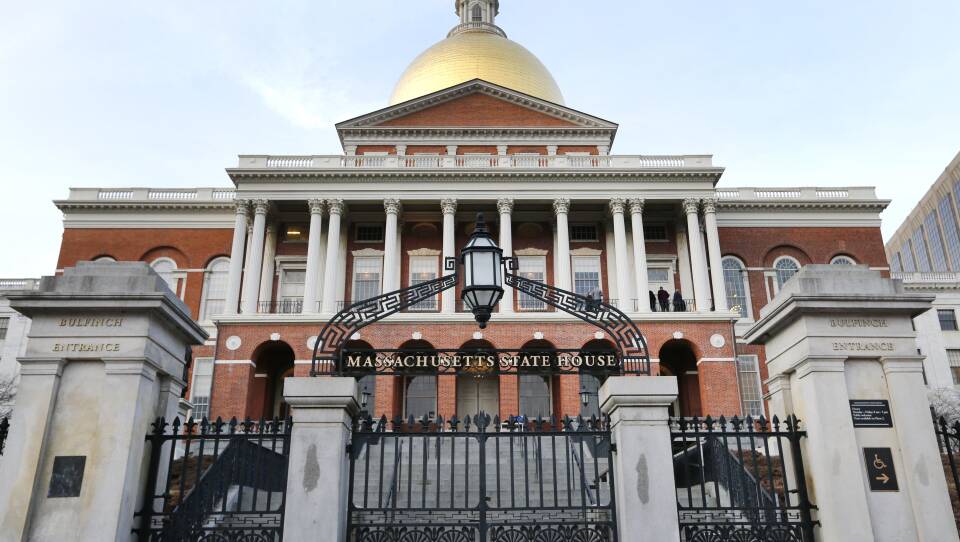When a $4.3 billion dollar economic bill surfaced in the Massachusetts Senate Thursday morning, Senate Ways and Means Committee Chairman Michael Rodrigues introduced it as “the kitchen sink bill” because of its massive scope.
By the time the bill passed unanimously around 11:30 p.m., there was even more in that figurative sink. Senators bulked up the bill with hundreds of amendments, bringing its total price tag to $4.57 billion and tacking on several new policy measures.
Those amendments include sections to allow tenants to seal their eviction records in certain cases, let cities and towns opt in to allowing happy hour discounts at local restaurants, and permit political candidates to use their campaign funds to pay for child care while running for office.
The Senate rejected an amendment that would let the Massachusetts Lottery sell its products online, a permission the House included in its $4.2 billion version of the bill. That’s one of a slew of differences lawmakers will have to iron out before sending a final product to Gov. Charlie Baker by a July 31 deadline.
Both bills fund their spending through a mix of borrowing, money from last year’s budget surplus, and federal COVID-19 relief funds. Here are some highlights of the proposed investments:
Tax relief
Both the House and Senate used their economic development bills as a vehicle to provide one-time rebates to some taxpayers — $250 for individual filers earning between $38,000 and $100,000, and $500 for married joint filers earning between $38,000 and $150,000. Both bills permanently increase the Earned Income Tax Credit for low and moderate-income workers and offer breaks for seniors, renters and people caring for children or other dependents. Each bill would double the threshold at which the state's estate tax kicks in from $1 million to $2 million, but differ on the mechanisms for other estate tax reforms.
The Senate's permanent tax changes would also take effect starting in the 2022 tax year, one year earlier than the House's plan.
Housing
The Senate bill features $400 million toward housing production, up from $175 million in the House version. Both steer some of their housing money toward an affordable housing trust fund, and the Senate also dedicates $150 million for a workforce housing program.
Child care
Sen. Eric Lesser, the Senate’s Economic Development Committee chairman, said the bill aims to target some of the main costs squeezing family budgets at a time of high inflation. Early education and child care are chief among those expenses, and the Senate’s bill proposes $150 million in stabilization grants for child care providers.
“[For] my family, our child care bill is more than our mortgage and I think that’s not unusual for a lot of young families,” said Lesser, a Longmeadow Democrat who’s running for lieutenant governor.
Health care
Health and human services are a major focus of both the House and Senate bills. Both include millions of dollars in grants for reproductive health care and family planning services and for prevention of gun violence and trauma, but the exact amounts differ. The Senate bumps up the amount of money for financially strained hospitals to $400 million from the House's $350 million, and both branches allocate $80 million for community health centers.







